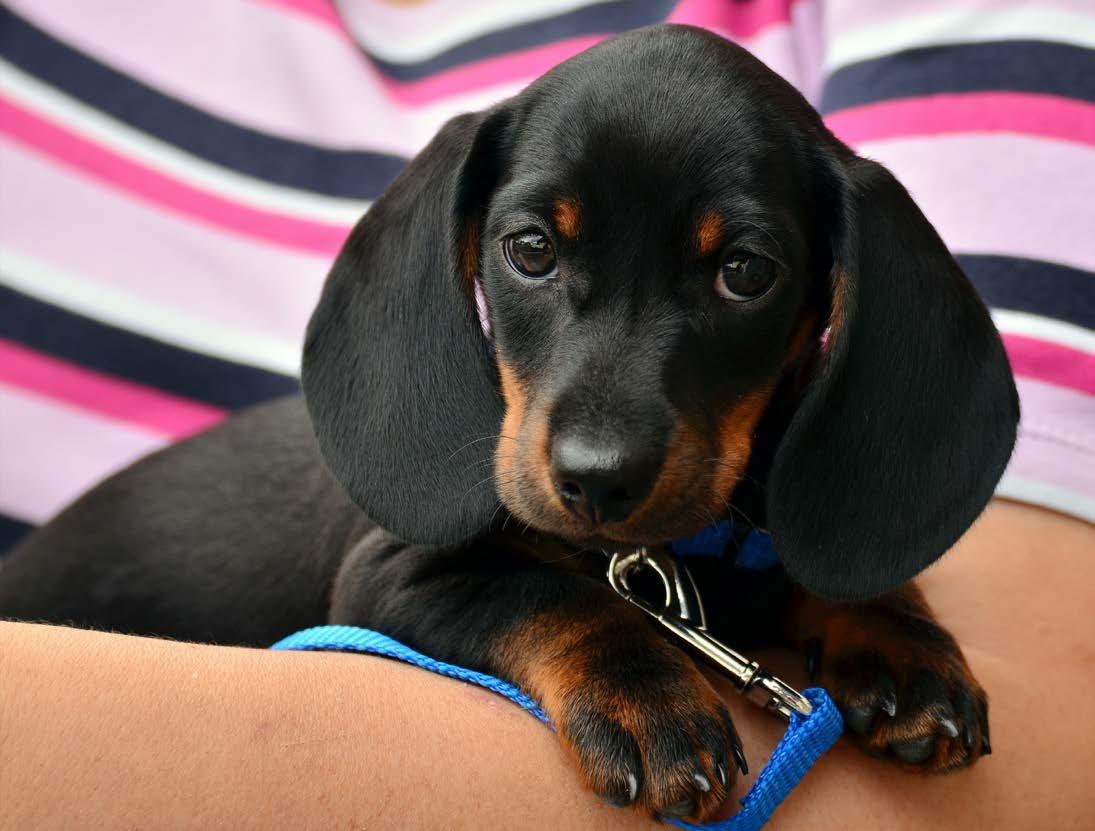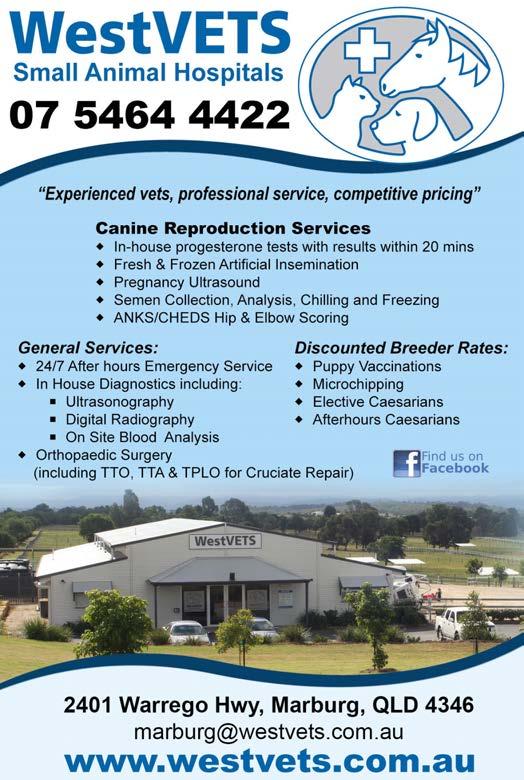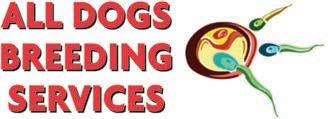
5 minute read
Puppy Socialisation During COVID-19 Restrictions
Tips for
Puppy Socialisation During COVID-19 Restrictions
– Dr Fiona Patterson BVSc MARS Pet Care Australia
If you’ve welcomed a new puppy into your family, positive socialisation practices are critical in the development of your dog’s future character. That’s because the experiences encountered during puppyhood, negative or positive, can have profound effects on the behaviour of a dog later in life.
Dogs that are under socialised may become shy, fearful and sometimes even aggressive. They may not develop the appropriate canine body language necessary to interact well with other dogs or know how to behave appropriately around people.
In contrast, puppies that have been well socialised generally grow into happy, confident dogs.
The socialisation period
Puppies go through various developmental stages on their way to adulthood. The ‘socialisation period’ lasts from around 3 to 12 weeks of age, and during this time, puppies are more sensitive to socialisation.
While the socialisation period is a critical developmental stage for your puppy, socialisation should also continue throughout your dog’s life.
Positive socialisation
Socialising your puppy involves introducing them to a whole range of new experiences including meeting different types of people, dogs, other animals, places, smells and noises. It’s important that these interactions are a positive experience for your puppy. Introduce them to new situations gently and reward them for calm behaviour.
But what about restrictions associated with COVID-19?
During this unprecedented time, it’s important that you stay home, keep safe and follow national and state guidelines. But you have a new puppy, so how do you socialise them at this crucial time in their development? Here are some tips, but remember not to overload your puppy as short, positive sessions are the best.
Basic training
You can’t enrol in a local Puppy Pre-School class at the moment, so try some of these basic training techniques:
• Teach your puppy to walk on a leash. Try different areas inside the house and out in the yard.
• Teach ‘sit’ and ‘stay’ commands.
• Teach ‘drop’ – try it on different surfaces and in different areas in the house and yard.
• Crate train your puppy which is a great way of getting them used to spending time alone. Put them in their crate and give a treat when they are quiet and calm. Try short periods of time in the crate, gradually extending the time.
• Provided your puppy has completed their puppy vaccinations, take them for a walk around the neighbourhood (social distancing of course).
• Teach your puppy to ride in the car. You don’t even need to drive the car, just turn on the engine.
• Practice handling your puppy in a different area of their body each day, for example:
* feel between their toes * open their mouth and check their teeth * look inside their ears * rub their tummy * bath and blow dry (cool setting) your puppy * trim your puppy’s nails
Strange noises
There are a range of different noises that you can expose your puppy to around the home. Some examples include:
• Vaccum cleaner • Hair dryer • TV/Video • Lawn mower • Leaf blower • Power tools • Garbage bins There are also great videos available on-line with strange noises (e.g. thunderstorms, fireworks etc). As with all socialisation practice – move at a pace your puppy can easily handle and reward them for displaying calm behaviour.
Strange people
With limits on the number of visitors to your home, it can be difficult to expose your puppy to a wide range of people. When you walk around the neighbourhood, reward your puppy each time they calmly encounter a strange person or another dog.
You can also get creative! Dress up in different clothes and walk around the house, put on a bike helmet or a hat. You can even wear a garbage bag! My fearless Staffy isn’t really scared of anything – but he does a double take at a plastic bag blowing in the wind, so we’re still working on being calm in that situation!
Strange items
Place an item your puppy hasn’t seen before in a new place. For example, put a pot plant in a new
spot or a suitcase in the hallway. Consider opening and closing an umbrella as these can seem quite peculiar objects to some puppies!
Strange surfaces
It’s important that your puppy gets used to different surfaces beneath their feet. Expose them to surfaces such as: • Grass • Cement • Tiles • Artificial grass • Lino • Carpet • Cardboard • Rocks • Cushions • Plastic • Pavers
Positive socialisation practices will help your puppy grow into a happy and confident dog. Keep your training sessions short and fun and remember to only reward your puppy for showing the desired behaviour. That way you don’t inadvertently reward them for undesirable behaviour.

Enjoy this amazing time, as like all babies, they just grow up too quickly!
For further information, you might like to check out this free eBook: www.advancepet.com.au/ebook/

New dedicated canine reproduction facility opening on Monday 9th December at GREENBANK VET HOSPITAL

RANGE OF SERVICES
• Accredited vet hospital • Whelping room • Open 7 days a week. • Boarding • Fertility assessment • Hip/elbow/spine Xrays • Semen evaluation • Dogs Queensland Members • Semen freeze, chill and storage competitive rates • Semen freeze packages on • Laser surgery for nares/soft
Wednesdays palate/everted laryngeal saccules • Semen shipment within Australia • Orthopedic surgery • Caesarian section packages • On Site blood analysis • Progesterone testing • Experienced team of vets
Dr Gerry King, Dr Kylie Griffin, Dr Terry Martin, Dr Rishi Shah 24 hour emergency services available however conditions apply









